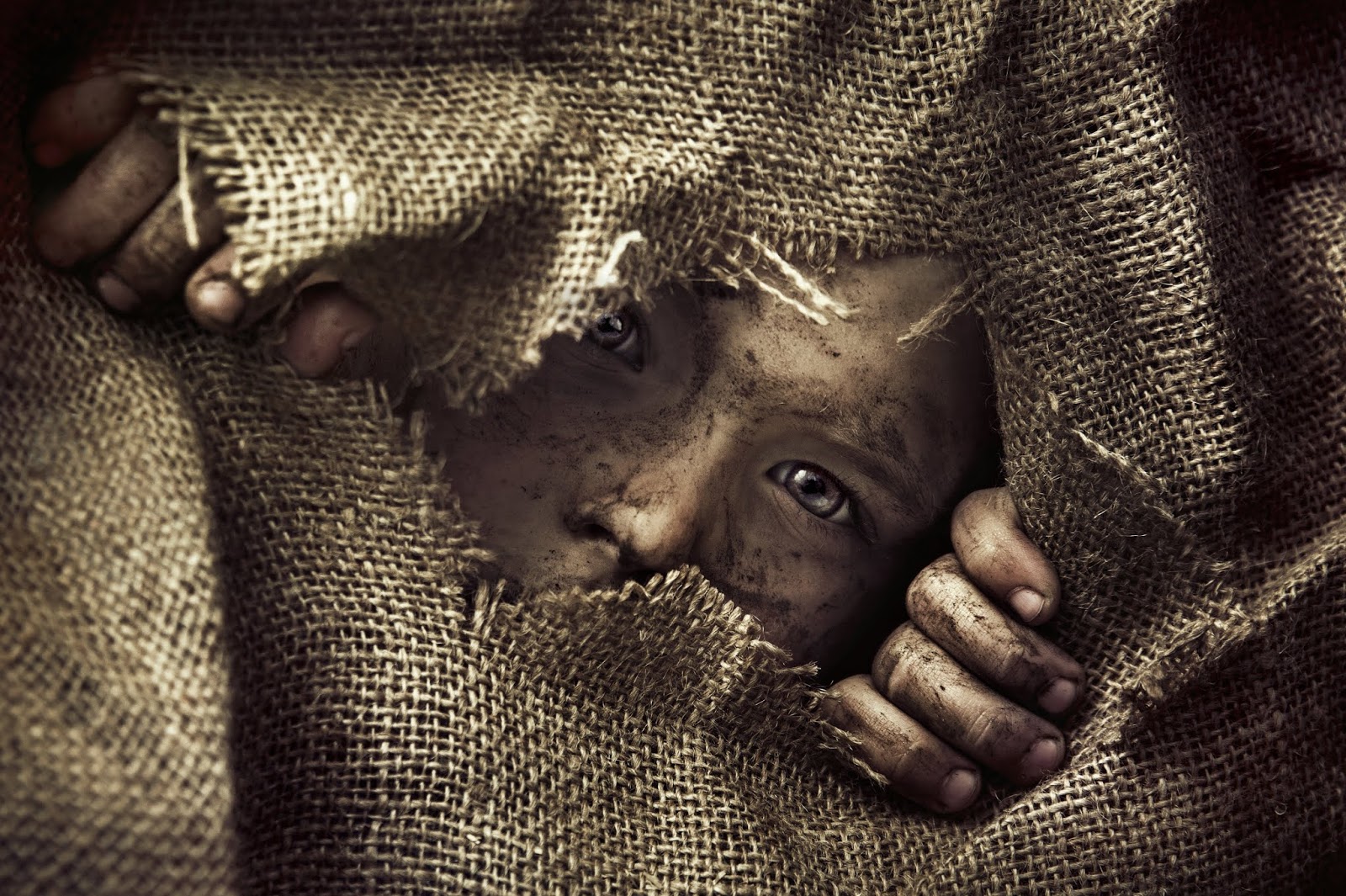
A recent UN report warned that the planet is on the brink of a global environmental crisis which will disproportionately affect the poor.
Philip Alston, the UN Special Rapporteur on extreme poverty and human rights, sai that environmental destruction would continue to force people into situations where it is more difficult for them to survive. Alston predicted that many people would have to migrate in the coming years, which is not easy for people in poverty to do, particularly when considering the current immigration restrictions.
In this report, Alston focused his attention on the climate, stating that a “climate apartheid” will further fragment the class structure across the world.
He pointed to cases of natural disasters, such as 2012’s Hurricane Sandy, where the wealthy could handle the storm far better than the average New Yorker that was left without power or healthcare for days.
It is important to note, though, that climate is only one piece of the puzzle, even though the issue often dominates conversations about the environment. Climate is an abstract topic that has numerous contributing factors. Humans can influence some of those factors, but not all of them, particularly the sun. Meanwhile, the oceans continue to fill up with plastic, while the Earth continues to lose plants and animals which are vital to its ecosystem.
Another problem raised by Alston in the report is that the majority of the world’s pollution comes from the largest corporations and governments.
However, the poor populations of the planet will still be expected to pay carbon taxes to help clean the mess up.
Undoubtedly, the planet is suffering. It’s ravaged with environmental disasters, loss of vital ecosystems and species, and a population which seems increasingly ignorant to the impact it’s having on the rock they call home. Humanity has to reevaluate its relationship with the Earth and all of its inhabitants.












COMMENTS